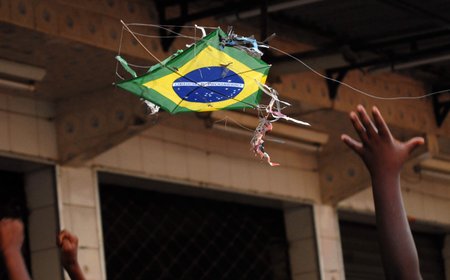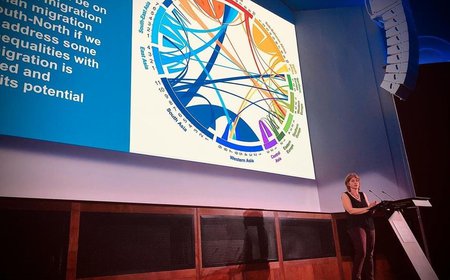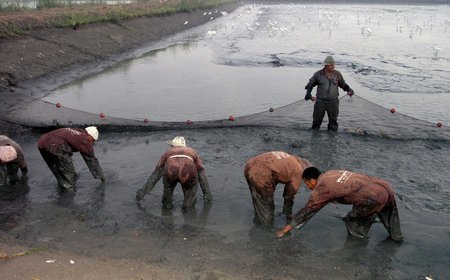From affirmative action to collective action: confronting legacies of racism in Brazil
This case study is part of Crises of Inequality: Shifting Power for a New Eco-Social Contract, a report published by MIDEQ's partner UNRISD. This UNRISD Flagship Report unpacks how inequalities and crises reinforce and compound each other, leading to growing vulnerabilities, unsustainability and more.
Brazil is one of the most unequal countries in the world. This inequality was produced in a historical process through the control of various forms of capital—economic, political, cultural, educational, military, technological and symbolic—by a specific social group: white, rich, heteronormative men. Inequality has been further exacerbated by patriarchal norms (machismo), institutional patrimonialism and structural/institutional racism. In this Spotlight Jailson de Souza e Silva looks specifically at racism.



